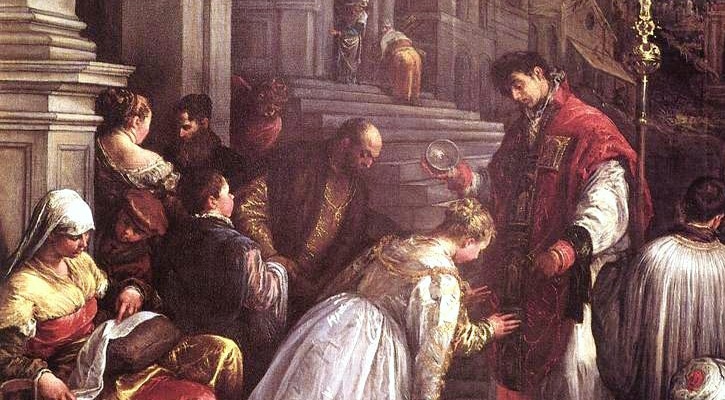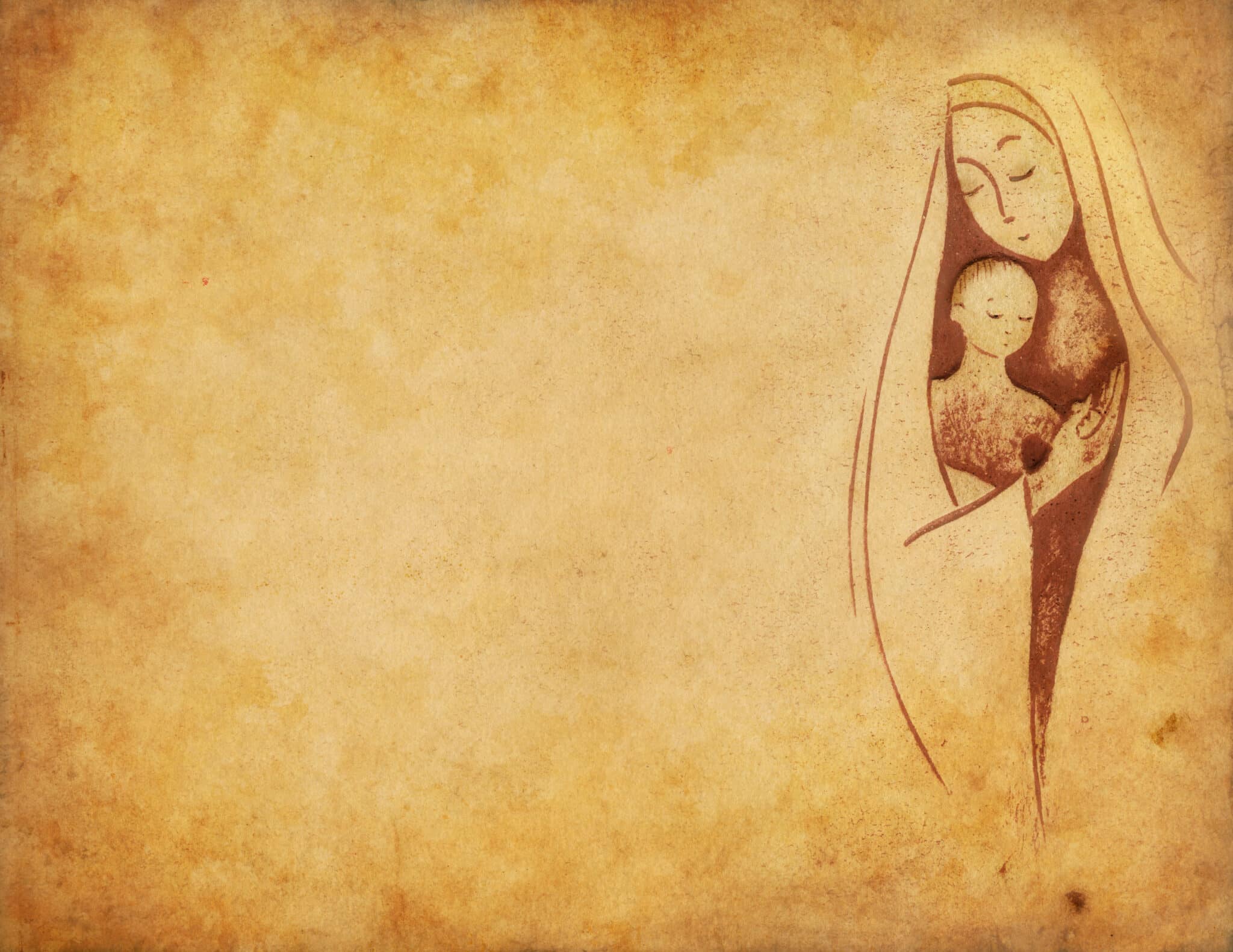Here’s St. Valentine’s quiz. This saint was…
a) a priest in the Roman Empire who helped persecuted Christians during the reign of Claudius II, was thrown in jail and later beheaded on February 14.
b) a Catholic bishop of Terni who was beheaded, also during the reign of Claudius II.
c) someone who secretly married couples when marriage was forbidden, or suffered in Africa, or wrote letters to his jailer’s daughter, and was probably beheaded.
d) all, some, or possibly none of the above.
If you guessed d), give yourself a box of chocolates.
Although the mid-February holiday celebrating love and lovers remains wildly popular, the confusion over its origins led the Catholic Church, in 1969, to drop St. Valentine’s Day from the Roman calendar of official, worldwide Catholic feasts. (Those highly sought-after days are reserved for saints with more clear historical record. After all, the saints are real individuals for us to imitate.) Some parishes, however, observe the feast of St. Valentine.
Pope Gelasius I was, understandably, less than thrilled with this custom. So he changed the lottery to have both young men and women draw the names of saints whom they would then emulate for the year (a change that no doubt disappointed a few young men). Instead of Lupercus, the patron of the feast became Valentine. For Roman men, the day continued to be an occasion to seek the affections of women, and it became a tradition to give out handwritten messages of admiration that included Valentine’s name.
There was also a conventional belief in Europe during the Middle Ages that birds chose their partners in the middle of February. Thus the day was dedicated to love, and people observed it by writing love letters and sending small gifts to their beloved. Legend has it that Charles, duke of Orleans, sent the first real Valentine card to his wife in 1415, when he was imprisoned in the Tower of London. (He, however, was not beheaded, and died a half-century later of old age.)








